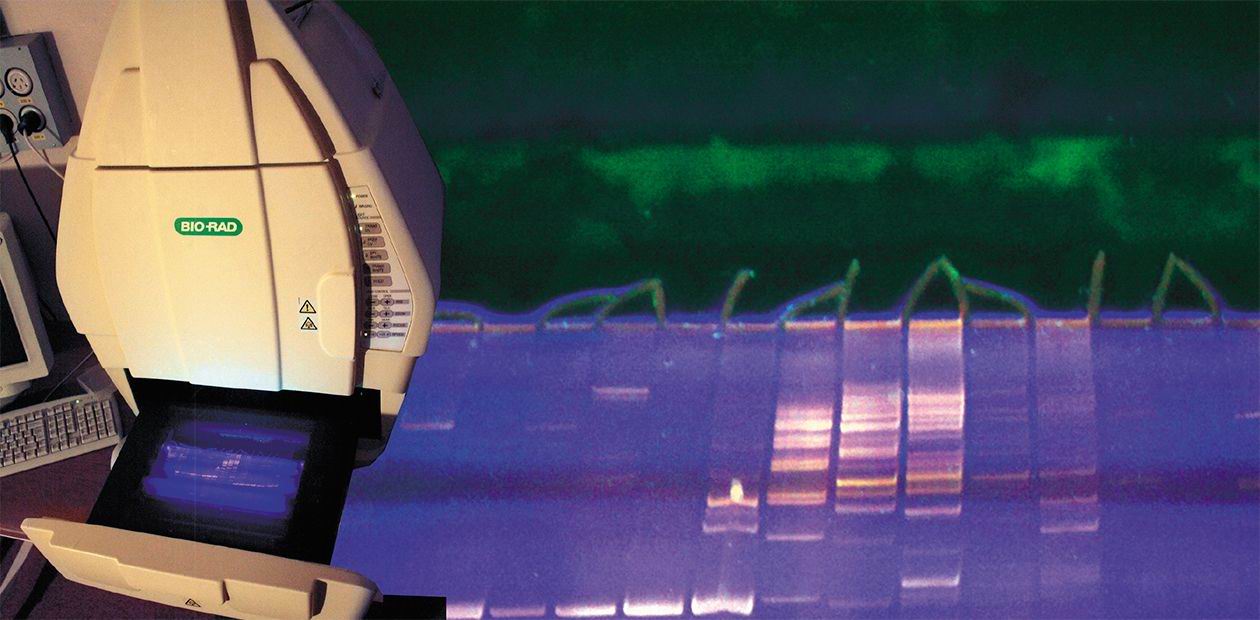Genetic Diagnostics for the Eexpecting Mothers
In the Institute of Chemical Biology and Fundamental Medicine SB RAS (Novosibirsk), a genetic test for the expecting mothers and women planning to get pregnant has been developed. The purpose of the test is to reveal the genetic features that determine the risk of a complicated pregnancy.
One of the happiest events in life is the birth of a healthy child, and the future health of the child is determined by the course of pregnancy. The number of possible complications is large: infertility, recurrent miscarriage, preeclampsia, etc.
One of the most frequent pathologies of pregnancy is late gestosis, when important organs begin to dysfunction due to the abnormalities in the vascular system and blood flow. It appears as edema, high blood pressure, and presence of protein in urine. The average frequency of this pathology in Russia is 8—12 %, and this number is 1.5—2 times higher in the cities. Gestosis occupies one of the leading places in the mortality rate among the mothers and newborns: every year about 50 000 women die of it in the world. The serious forms of gestosis might have such long-term effects as essential hypertension and glomerulonephritis.
One of the main ways to reduce the unfavorable consequences of gestosis for mothers and babies is prevention. Today, more than 30 theories of gestosis development are known: increasing antioxidant insufficiency, immunological deadaptation, stressor impact, endocrine disorders, etc. All these factors affect adversely the condition of the vascular walls and thus reduce the ability of a pregnant woman’s body to adapt to its new state.
Earlier and more stable disorders of the adapting mechanisms of pregnancy are provided by genetic predisposition. It is based on the hereditary structural changes of genes—mutations (allele polymorphisms).
It is known that protein structure is “written down” in DNA of every person as a nucleotide sequence (gene). The structure and number of proteins determine our phenotype and vital functions. When the DNA structure is damaged, it changes the structure or amount of the proteins (if mutation is in the regulatory part of the gene). This affects the protein function and ultimately results in a disease.
Many genetic defects do not appear in any way for a long time, it being one of the reasons why these defects have not disappeared from the gene pool of humankind due to natural selection. In this case, the emerged disease is a result of joined hereditary and environmental factors (medicine taking, smoking, life style, etc.). Their interaction leads to a significant drop in the ability of a woman to adapt to pregnancy and can trigger off a cascade of pathological reactions.
Doctors work in the direction of preventing and correcting complicated pregnancies, however, it is not always possible to take preventive measures. In this respect a great role might be played by the individual risk estimation. With this purpose, the Institute of Chemical Biology and Fundamental Medicine SB RAS has developed a scheme of supplementary examination of expecting mothers based on the study of a complex of certain genetic markers.
According to the scheme, for the expecting mothers variants of the genes are determined related to the system of blood coagulation, blood pressure regulation, detoxification of xenobiotics, regulation of immunological interplaying of the fetus and mother, etc. It is extremely important to reveal this genetic status, since dysfunction of these systems provokes abortion, gestosis, and embryo-placental insufficiency (placental dysfunction).
Such conditions with non-pregnant women can cause thrombotic complications when using hormonal contraception or undergoing a surgery.
Today, the scheme of genetic examination of women developed in the Institute of Chemical Biology and Fundamental Medicine has been introduced in two medical diagnostic centers of Novosibirsk, including the Center of New Medical Technologies.






